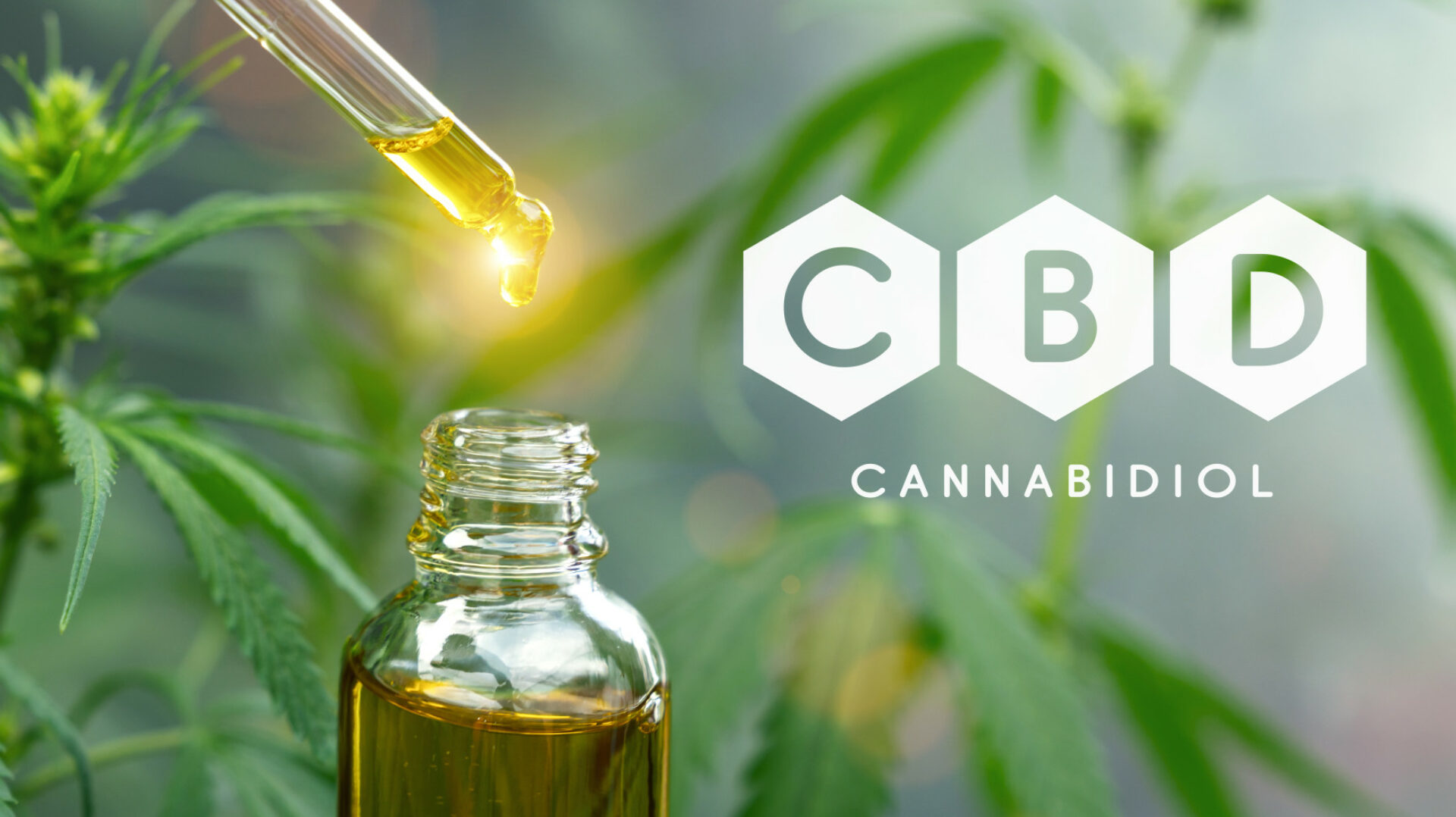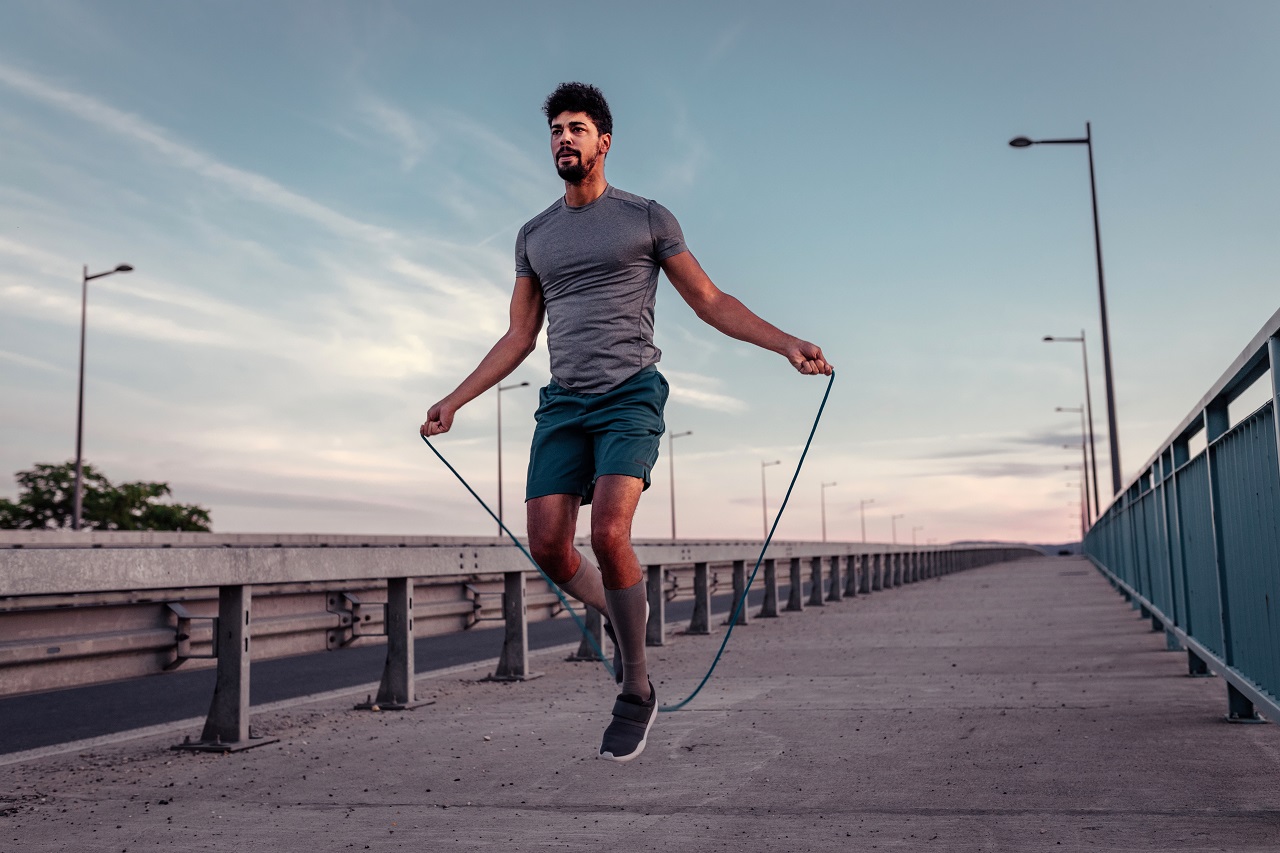Introduction
CBD (cannabidiol), a non-intoxicating compound derived from the cannabis plant, has gained significant attention in the athletic and fitness communities. With its potential anti-inflammatory, analgesic, and calming effects, CBD has emerged as a potential supplement for athletes and fitness enthusiasts. This comprehensive guide explores the various ways CBD can be used for working out or being an athlete. We will delve into its potential benefits, considerations for dosage and administration, legal considerations, different product formats, and practical tips for incorporating CBD into your fitness routine. By understanding the potential uses and considerations surrounding CBD, individuals can make informed decisions about its integration into their active lifestyles.
Understanding CBD
Before exploring its applications for athletes, it is essential to understand what CBD is and how it interacts with the body. CBD is one of many cannabinoids found in the cannabis plant. Unlike its psychoactive counterpart THC (tetrahydrocannabinol), CBD does not produce a “high” effect. CBD interacts with the body’s endocannabinoid system, which plays a role in regulating various physiological processes, including pain perception, inflammation, and mood.
Potential Benefits for Athletes
CBD offers several potential benefits for athletes and fitness enthusiasts. It may help manage exercise-induced inflammation and reduce muscle soreness, potentially enhancing recovery and performance. CBD’s potential anxiolytic and calming effects may also aid in reducing stress and anxiety associated with training and competition. Additionally, CBD may promote better sleep, which is essential for recovery and overall well-being.
Dosage and Administration
Determining the appropriate dosage and administration of CBD for athletes requires individual consideration. Factors such as body weight, metabolism, tolerance, and the desired effect should be taken into account. Starting with a low dosage and gradually increasing it while closely monitoring the response is generally recommended. CBD is available in various forms, including oils, capsules, topicals, and edibles. Each form has different bioavailability and onset times, which can influence the dosage and timing of administration.
Legal Considerations
The legal status of CBD varies across different countries and regions. In some jurisdictions, CBD derived from hemp with low levels of THC is legally accessible, while in others, strict regulations govern its use. Athletes should be aware of the specific regulations within their sport and consult with relevant authorities or their team’s medical staff to ensure compliance with anti-doping regulations.
Different Product Formats
CBD is available in various product formats, each offering unique benefits and applications. CBD oils and tinctures are commonly used for sublingual administration, providing quick absorption and ease of dosage control. Topical CBD products, such as creams or salves, can be applied directly to specific areas of the body for localized relief. CBD-infused edibles or beverages offer a convenient and discreet way to consume CBD, although their onset time may be slower. Exploring different product formats allows athletes to choose the most suitable option for their needs.
Practical Tips for Incorporating CBD into Fitness Routines:
Integrating CBD into a fitness routine requires thoughtful consideration and practical implementation. Some tips for athletes include:
- Start with a low dosage and gradually increase as needed.
- Consider timing CBD administration to align with recovery periods or before sleep for enhanced rest.
- Use topical CBD products on specific areas experiencing pain or inflammation.
- Keep a journal to track the effects of CBD on performance, recovery, and general well-being.
- Consult with a healthcare professional or sports nutritionist to ensure CBD use aligns with individual goals and overall health.
Quality and Safety Considerations:
Choosing high-quality CBD products from reputable brands is crucial to ensure safety and efficacy. Look for products that undergo third-party testing for potency, purity, and contaminants. Additionally, athletes should be aware of potential side effects and any contraindications with other medications or supplements they may be taking.
Conclusion
CBD presents an intriguing option for athletes and fitness enthusiasts seeking natural alternatives to enhance their performance, recovery, and overall well-being. While scientific evidence supporting its specific benefits is still emerging, many athletes report positive experiences with CBD. As with any supplement or intervention, it is essential to approach CBD use with knowledge, responsibility, and consideration for individual circumstances. By understanding the potential benefits, dosage considerations, legal aspects, and practical tips outlined in this comprehensive guide, athletes can make informed decisions about incorporating CBD into their fitness routines.
- Comprehensive Review The Finest Vegan CBD Products By Golden Goat CBD - April 11, 2024
- Ways to Use CBD for Working Out or Being an Athlete - July 7, 2023

